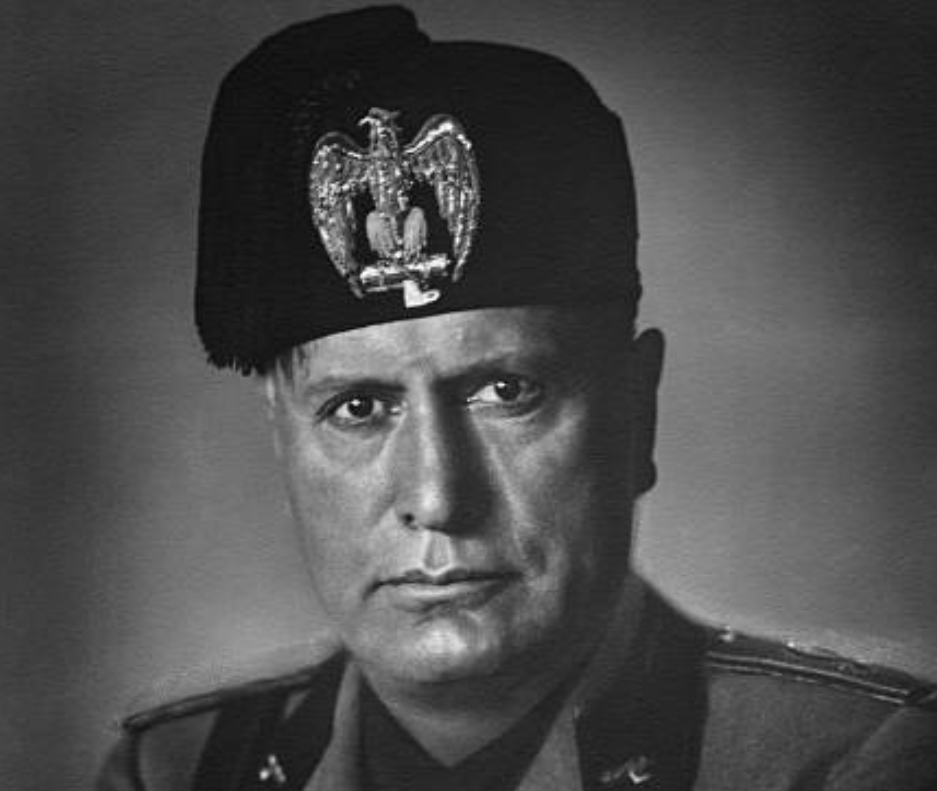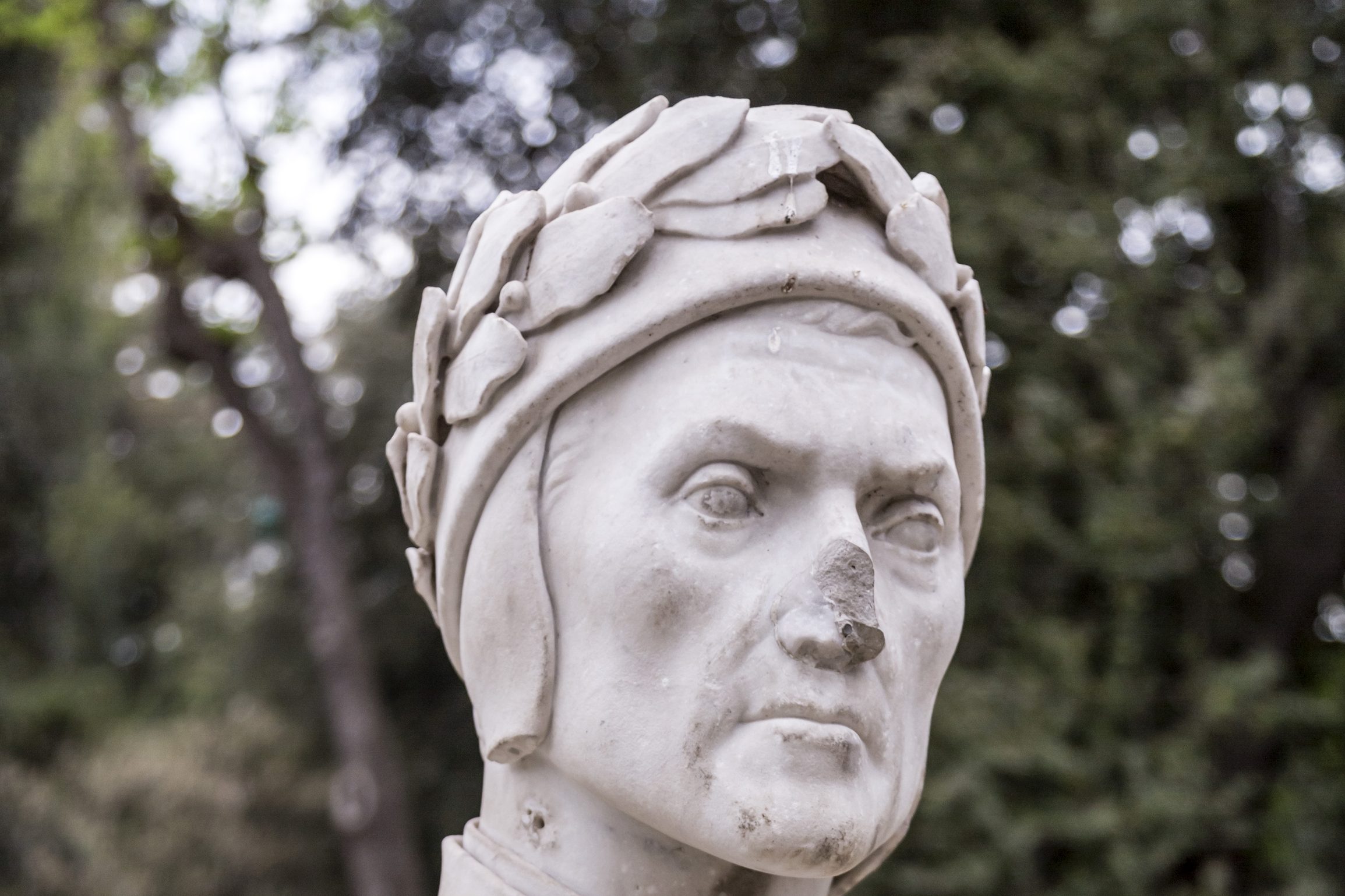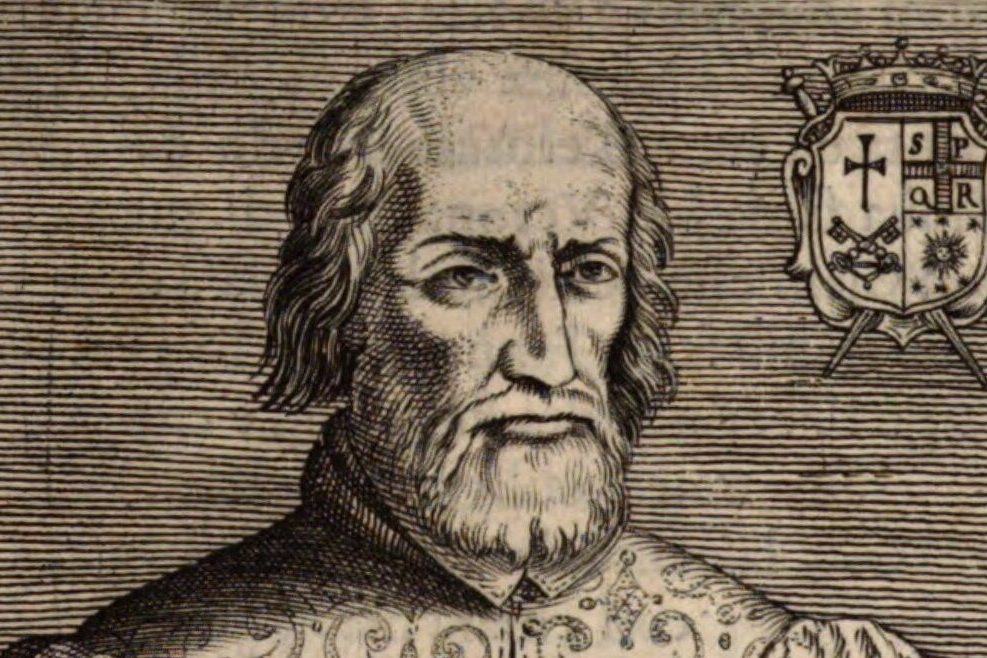At dusk, millions of starlings invade Rome. After feasting all day on ripening olives, they fly south from the Sabine Hills and fill the sky. A cyclone of feathers swallows the sun. The birds scatter and regroup, form a living tidal wave, surge and drown an archipelago of tiles and chimneys, garrets and loggias, domes and spires.
I dread this sight, particularly near the Ides of March. Starlings, after all, foretold Julius Caesar’s death. The day before, a gold-crowned kinglet flew into the Theatre of Pompey, a sprig of laurel in its beak. It was pursued by a flock of starlings and torn to pieces. When the augurs warned Caesar, he laughed. That night he dreamt he flew above Rome, clasping the talon of Jove’s eagle. The next day, he was murdered on the very spot where the kinglet had perished.
Ever since, starlings have harbingered disaster. But as old Communists note, the birds did not conquer Rome until 1926, the year Benito Mussolini assumed total control of Italy. Phalanxes occupied the stone pines at Villa Ada and menaced the picnickers in the Giardino degli Aranci. Squadrons dive-bombed the cars parked along the Lungotevere and disrupted flights at Ciampino Airport. These incidents peaked in March, but Mussolini ignored the omens.
On Wednesday April 7, Il Duce delivered the keynote address at the International Congress of Surgeons. After finishing a paean to science, he paused to salute an ecstatic crowd in the Piazza del Campidoglio. As he strode to his Lancia Astura limo, he failed to notice a shabby, bespectacled woman wearing a feathered hat and a hideous black dress. She was the Honorable Violet Gibson, the 50-year-old daughter of Edward Gibson, 1st Baron of Ashbourne and Lord Chancellor of Ireland. This small, birdlike spinster was determined to kill the dictator.
Ever since moving to Rome, Gibson had become obsessed with Mussolini. Like most Anglo-Irish aristocrats, she revered Mazzini and Garibaldi. Mussolini, she believed, had betrayed the Risorgimento. Nevertheless, Great Britain lionized this tyrant. George V awarded him the Order of the Garter. Winston Churchill hailed him as Italy’s savior. British journalists praised “his trim handsome black-shirted lads” for doing such a fine job of keeping down the Bolshies. For an Irish nationalist and parlor Socialist, this must have been the last straw.
Once Mussolini was in his car, Gibson removed a revolver from her pocket. She raised and pointed the gun at the dictator’s head and fired at point-blank range. At that moment, a band started playing “Giovinezza.” Mussolini turned to face the flag and snapped to attention, bringing his head back just enough for Gibson’s bullet to miss him. Rather than pierce his skull, it passed through his nostrils. Burn marks were left on both cheeks, but these wounds proved superficial.
Within minutes, Mussolini continued his parade on the Capitoline. Photographers ignored his bandaged nose, while reporters wished him luck on his coming trip to Libya. Surrounded by guards, Il Duce addressed spectators: “If I advance, follow me! If I retreat, kill me! If I die, avenge me!” But despite the roaring adulation, he remained shaken. An Irish hag had nearly dispatched him. “A woman!” he murmured. “Fancy, a woman!”
After the shooting, the mob beat and nearly lynched Gibson, but plainclothesmen rescued and dragged her into the Palazzo dei Conservatori. Unconscious and badly bleeding, she resembled a mauled crow. Police revived her with brandy and interrogated her in a room containing the colossal marble foot of the Emperor Constantine. As she was carted away to Mantellate Prison, a cloud of starlings swirled over the Campidoglio.
Gibson’s was the first of four assassination attempts between April and October 1926. Declaring a state of emergency, Mussolini abolished parliament, replaced it with a junta, established a special police force, and instituted secret tribunals. He also introduced capital punishment for treason, insurrection, incitement to civil war, and attempted assassination. He did not, however, demand the death penalty for Violet Gibson.
Diagnosed as a paranoid schizophrenic, Gibson was deported back to Britain, where she spent the next thirty years in St. Andrew’s Sanatorium in Northamptonshire. Shapeless in an old mackintosh, she wandered the asylum grounds and fed sparrows. She may have posed like St. Francis, but she behaved like Fata Morgana. She attacked orderlies with a broom and invoked thunder and lightning against the doctors. Whenever she flapped her arms and squawked, claimed the groundskeeper, starlings would roost in the trees. A refugee from Fascist Rome, always crossed himself in her presence.
Pasquino’s secretary is Anthony Di Renzo, associate professor of writing at Ithaca College. You may reach him at direnzo@ithaca.edu.






























